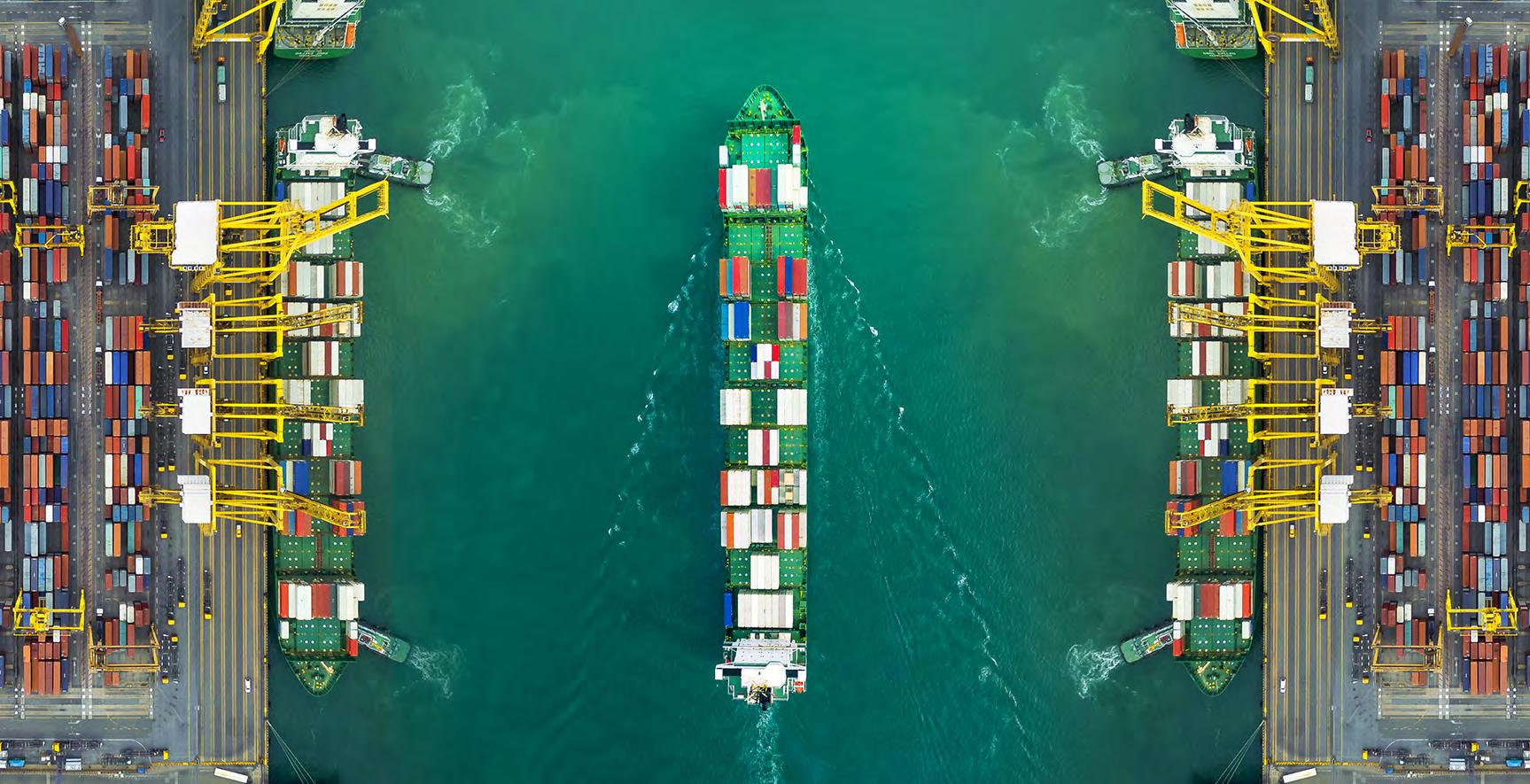18 SPECIAL REPORT
EEC & fast forward to Thailand 4.0 Thailand Board of Investment (BOI)
Of the record 40 million tourists expected to flock to Thailand this year, many will have been lured by images of gilded temples, Bangkok’s magnificent Grand Palace and other testaments to this ancient Kingdom’s rich cultural history. But for another category of visitor, foreign investors ranging from global giants Hitachi, BMW and Western Digital to fast-growing startups, the focus is firmly on the future as Southeast Asia’s second-largest economy races to transform itself into Thailand 4.0, the region’s innovation and knowledge-based digital hub. Foreign companies specialising in such advanced technologies as aerospace, ar tificial intelligence, biosciences, electric vehicles, fintech, robotics and production of sophisticated medical devices are taking advantage of a highly skilled wor kforce, rapidlyimproving infrastructure and lavish government incentives to move their operations to Thailand. In an early indicator of this trend, the latest annual ranking of the world’s most competitive economies published in May 2019 by Switzerland-based IMD Business School shows Thailand has leapt five places to number 25 globally, due in large part to a boost in foreign direct investment and productivity.
ASEAN’s 660 million consumers A key factor in Thailand’s attraction to investors is its extraordinarily strategic location. A country with a
UPDATE 1/2020
population of 69 million, it stands at the heart of the ASEAN Economic Community, a 10-nation Southeast Asian common market of 660 million consumers. Now, new high-speed rail lines and roads under construction across Thailand are making the Kingdom the crossroads of a region of 3.4 billion inhabitants — or half the world’s population. At the heart of this frenetic activity is the Eastern Economic Corridor (EEC), a swathe of territory stretching for 200 kilometers south and east of Thailand’s capital, Bangkok, along a coastal strip that’s already home to long-established automobile and electronics factories. Here, the government and private investors plan to spend more than $45 billion de veloping environmentally sustainable smart cities, futuristic digital technology parks, fast rail links, three sea ports and other facilities. One of the jewels in the EEC’s crown will be U-Tapao international airport, which will be expanded and linked by high-speed train to Bangkok’s two international airpor ts, reinforcing Thailand’s status as an aviation and aerospace hub. With a 3.5 km runway long enough to take the world’s biggest planes, U-Tapao has already become the base for a nascent aerospace industry. This rapid industrialization lifted living








